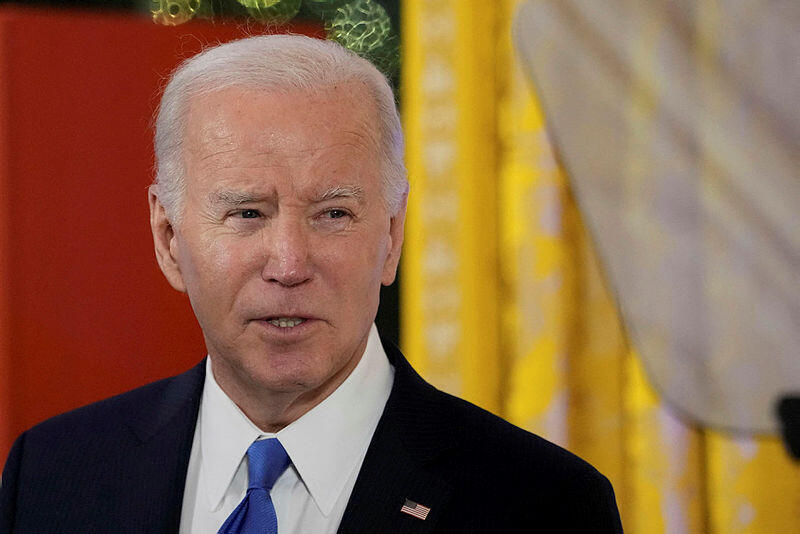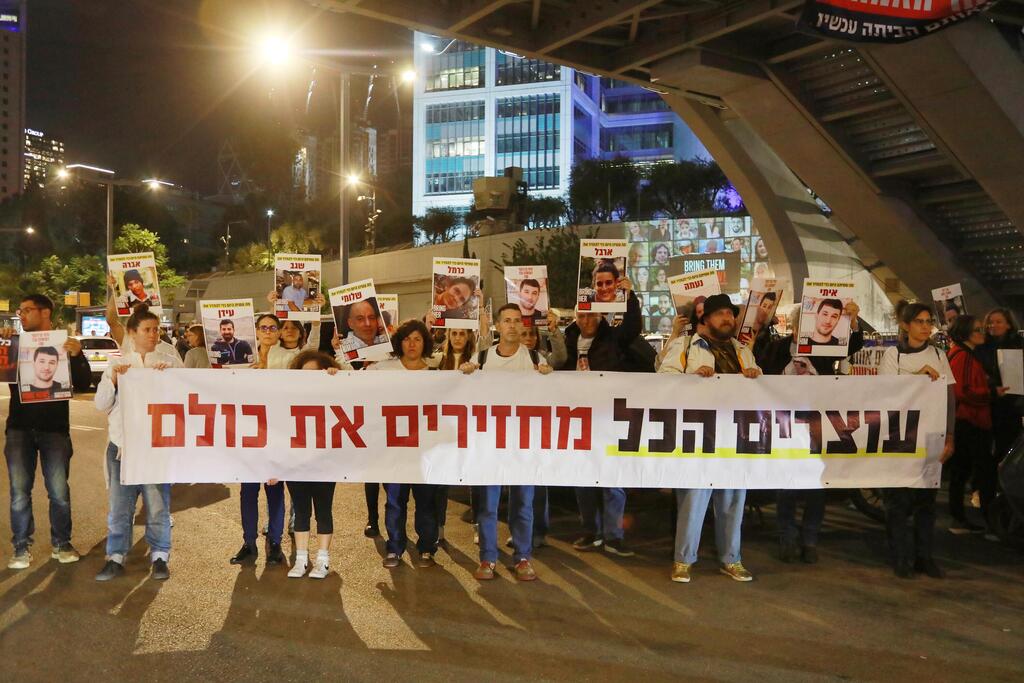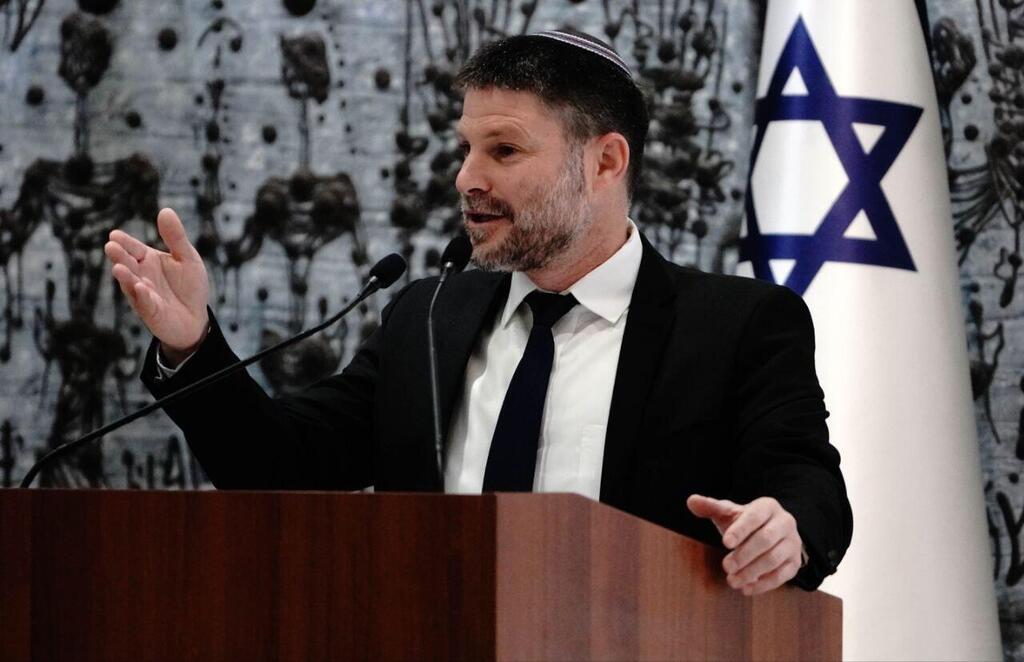White House National Security Council coordinator for strategic communications John Kirby said Wednesday that discussions for a hostage release deal with Hamas and humanitarian pause in Gaza are "very serious.”
More stories:
Following his statement, however, U.S. President Joe Biden addressed the possible deal and said that while he has “no expectation” the negotiations would bear fruit soon, he and his administration are “pushing” for it.
Kirby's words come against the backdrop of serious and in-depth discussions on the details of the deal. However, things are still far from being finalized. Israel has said which Palestinian prisoners it is willing to release and what it expects to receive in return, and Hamas has done the same, while the mediators are exerting pressure on both sides.
The deal’s key points will likely be determined in the coming days, including how many Palestinian prisoners will be released in exchange for one Israeli captive, what types of prisoners Israel will release, and the conditions for such releases.
Israel strongly insists on and is unwilling to deviate from its demand for a deal that includes the remaining female hostages in Gaza. Other categories Israel insists on for captives include the chronically ill, the injured, individuals with mental conditions, the disabled, and elderly males. Israel also insists that all captives released be alive.
Officials taking part in the talks argue that Israel will be required to "pay" more days of pause in fighting for every group of prisoners, unlike what took place in the previous deal. A key change also includes the number of Palestinian prisoners to be released. Israel will also be required to release more “high-profile” prisoners. An Israeli official said that releasing Palestinian prisoners would not prove an obstacle to the deal.
Finance Minister and Security Cabinet member Bezalel Smotrich criticized Israel’s War Cabinet and called on them "to send Mossad chief David Barnea to eliminate Hamas leaders wherever they are – instead of talking and negotiating with them."
Sources familiar with the negotiations insist that the IDF is strong enough and will be able to deal with Hamas following a potential hostage release deal. According to them, the deal won’t weaken Israel, but bolster it.
Prime Minister Benjamin Netanyahu addressed the negotiations in a statement Wednesday, saying, "We’re pursuing this war to the end. It will continue until Hamas’ dismantlement - until we triumph. We won’t stop the fighting until we achieve all the goals we set for the war: Hamas’ dismantlement, the release of our captives, and the removal of threat from Gaza."
Intensive meetings will take place between senior officials of the two sides in the coming days, and it’s likely that, during these, another meeting will be arranged like the one seen in Warsaw with Mossad chief David Barnea, CIA head Bill Burns, and Qatari Prime Minister Mohammed bin Abdul Rahman bin Jassim al-Thani. Egypt is also involved in the negotiations, and meetings with senior Egyptian officials are also expected to take place.





